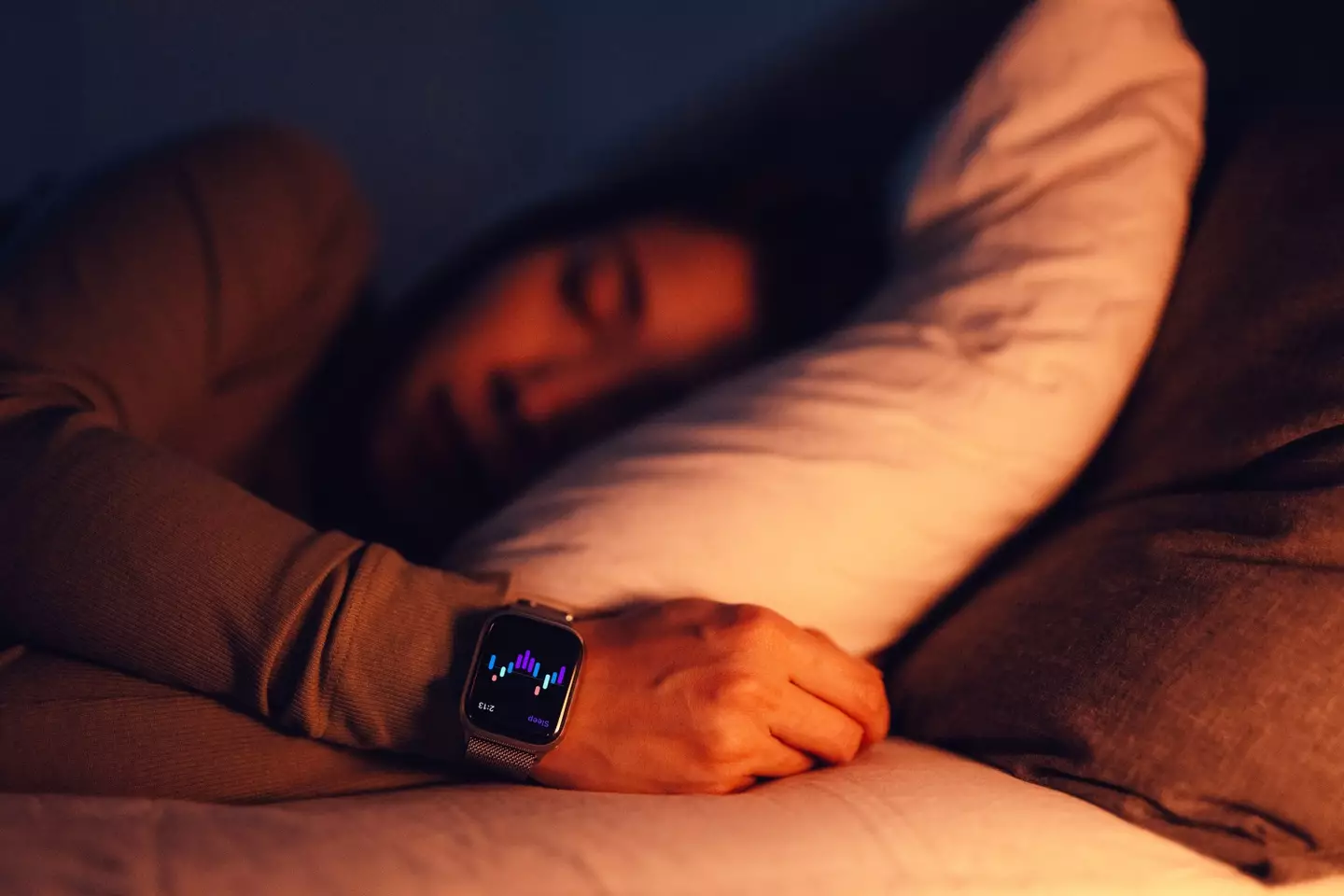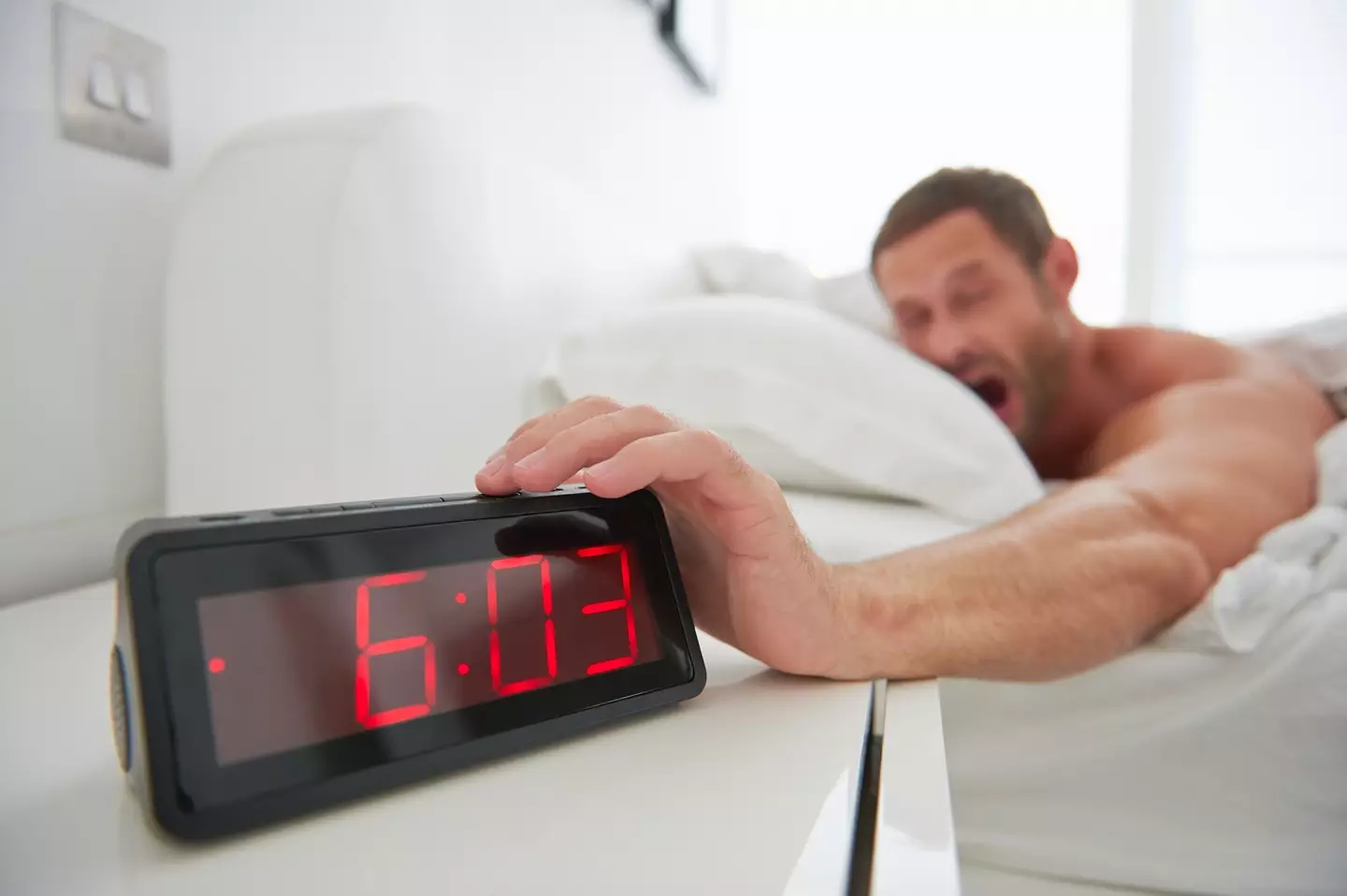
Getting a restful night's sleep is easier said than done, and while most of us struggle to hit that recommended seven to nine hours a night, there's a whole industry built on helping us get to sleep and staying there. It's big business, and are even ways to keep working while you sleep.
Whether you spray your pillow with lavender mist, listen to whale noises, or simply rewatch old episodes of The Simspons until you drift off to the Land of Nod, falling asleep is only half the battle. You've then got to stay there.
Waking up in the middle of the night isn't uncommon, with the average person being brought out of their soothing slumber about 10 to 12 times a night - if its under three minutes, you don't tend to notice. That's all fine according to scientists, but if you want to drift back to sleep with ease, there's one important thing you mustn't do.

Advert
It might sound obvious, but forcing yourself to go back to sleep can be the worst thing those in search of a restful night can do.
Dr Fiona Barwick, the director of the Sleep & Circadian Health Program at Stanford University School of Medicine, told SELF: "Thinking about the fact that you’re not sleeping can rouse your mind and make you more anxious. A better move is to accept your situation – don’t resist being awake – and find an alternative focus."
We've all done it - lying there wide-awake and staring at the ceiling while thinking how long you've got left until the alarm goes off. But, what do you do when the military sleep method doesn't work?
You're advised to read or knit rather than turn to the screen, as the infamous blue light can be sleep's worst enemy. Barwick tells us not to check our phones, but there have been many a night we've stayed up late while blasting our eyes with light and suffering for it in the morning.
Advert
For those who find themselves awake and in no hope of falling back to sleep, sleep expert Luis F. Buenaver gave his own two-cents to John Hopkins Medicine and suggested that you need to move from your bed: "It’s important not to stay in bed. Doing this will lead your brain and body to associate your bed with wakefulness instead of with sleep."

Buenaver admits that although it can be difficult leaving your cozy bed in the middle of the night, moving to a different part of the house can help trigger a return to sleep. He calls it an 'investment' in better sleep: "If not tonight then tomorrow night and in the future."
There's nothing worse than being woken up by a bad dream, noise outside, crying babies, a restless partner, or any of the other millions of reasons that stir us in the night, but it's how you try and get back to sleep that can make the difference between catching up on those Zs and looking like a panda the next day.
Advert
We're not suggesting you get up and hit the gym at 3 am, but in terms of moving into a different room and sitting in an armchair to read a book, you might find yourself back asleep before you know it.